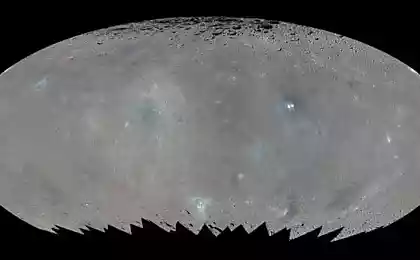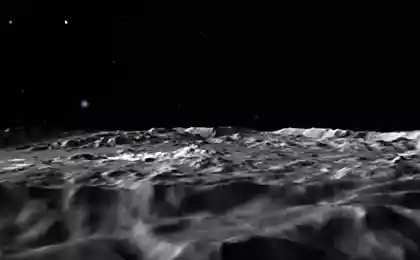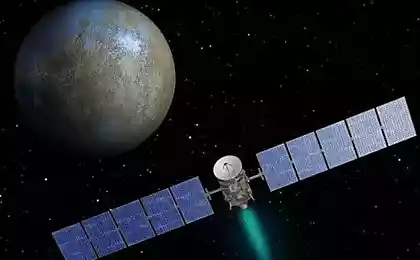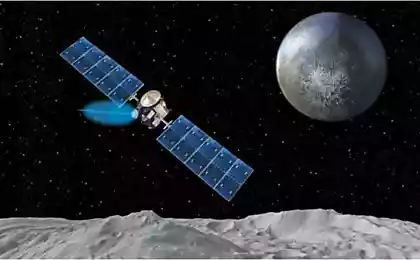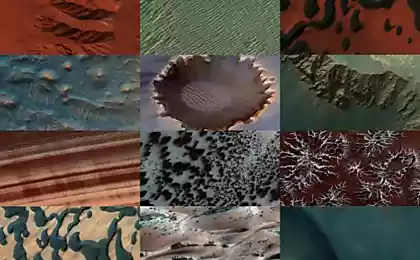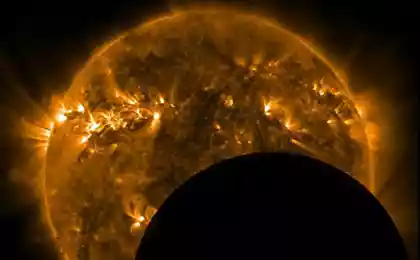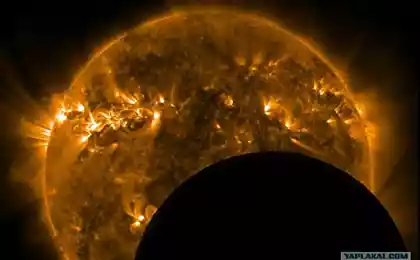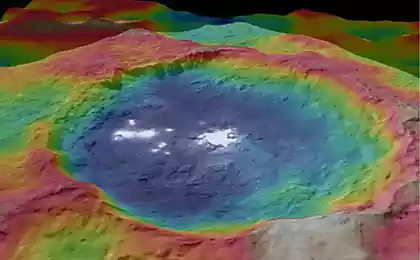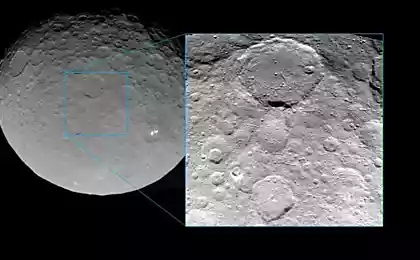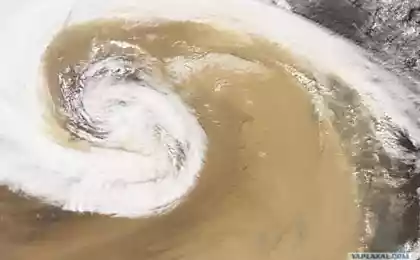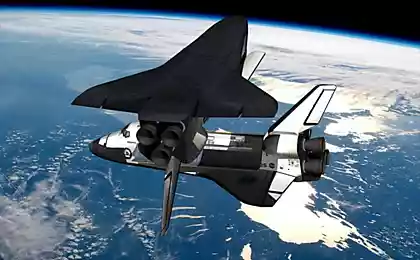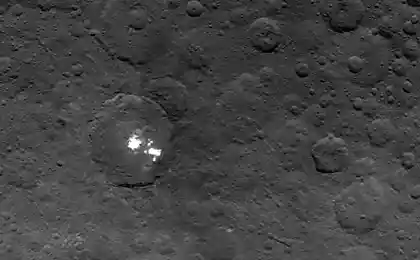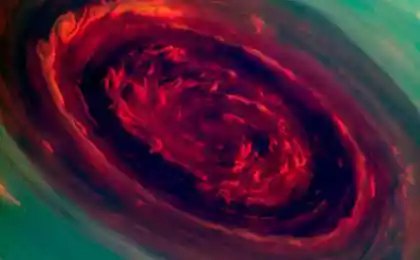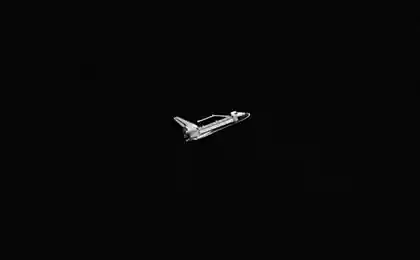927
The probe Dawn has pictures of white spots on Ceres at a distance of 4 km 4000
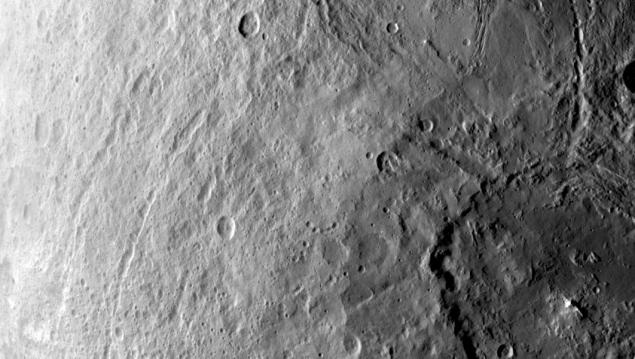
Photo: IDA / DLR / MPS / UCLA / JPL-Caltech / NASA i>
Interplanetary probe Dawn, who is currently engaged in studying the planetoid Ceres, сделал photo blanks dwarf planet maximum quality. Photo taken June 6 this year at a distance of 4, 4 thousand kilometers from the planetoid.
Sami spots are located in a crater with a diameter of about 90 kilometers. Despite the fact that the photos are getting better quality, and the probe is close to Ceres, the nature of the stain until no one guessed. The basic theory is that spot - a way out of water ice on the surface.
In addition, there are other theories, of which the authors believe that the spot - this way any salt on the surface, or the manifestation of kriovulkanzima. Naturally, there are also more exotic theories, but nobody in the calculation does not take.
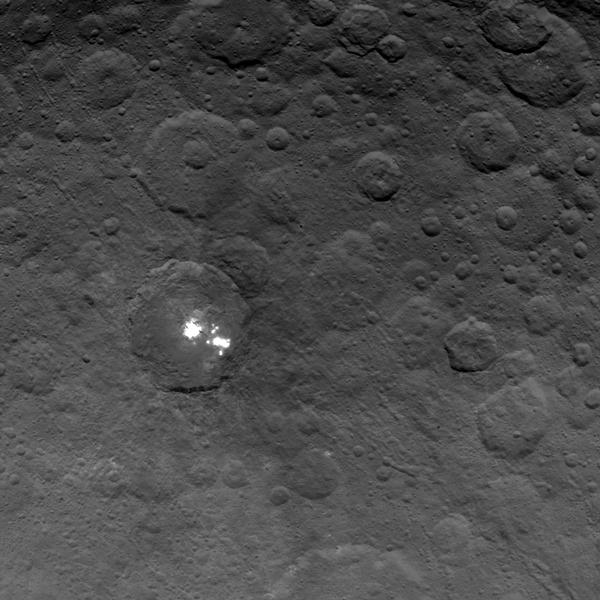
Photo: IDA / DLR / MPS / UCLA / JPL-Caltech / NASA i>
"Bright spots such configuration makes Ceres unique object that is different from anything we've seen in the solar system. A team of scientists is working on clarifying the nature of sunspots. Reflection of light by ice - the basic theory, but the team continues to consider alternative theories, including the origin of salt stains. The closer the probe is coming to Ceres, the closer the solution of this mysterious phenomenon of nature ", - commented Chris Russell of the University of California, Los Angeles.
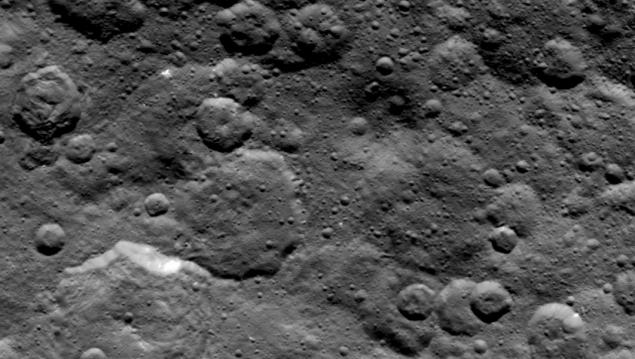
Photo: IDA / DLR / MPS / UCLA / JPL-Caltech / NASA i>
Furthermore spots probe photographed Ceres and other areas, all of these pictures are now being studied by experts.
Not so long ago, NASA experts have made a video of individual photos:
Probe Dawn went to a lower orbit June 3rd. The unit spent the remainder of the month to study Ceres close range (4,400 kilometers). All instruments will study the planetoid station. Previously, the unit studied Vesta, another planetoid, from 2011 to 2012. To probe Ceres arrived March 6, 2015.
Source: geektimes.ru/post/251834/
A donor with an unusual blood saved 2 million children
Astronomers studied the farthest ring of Saturn
